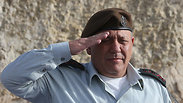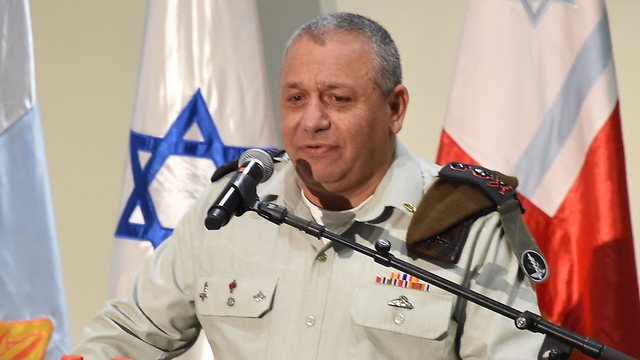
While the police continue their investigation into the Submarine Affair, the IDF is already drawing conclusions and proceeding to implement a preliminary safeguarding measure: senior and junior officers involved in procurement will need to fill out a questionnaire to determine whether there exists any conflict of interest.
The submarine affair relates to alleged corruption tied to the procurement of vessels and patrol ships for Israel's Navy from the Germany-based ThyssenKrupp company.
In light of the affair, IDF Chief of Staff Lt. Gen. Gadi Eisenkot appointed Maj. Gen. (res.) Yishai Bar to head a team to examine the matter conflicts of interest between IDF officers and external elements related to purchasing, and to recommend steps necessary to combat the phenomenon.
The team, which included representatives of the Military Advocate General's Office and the IDF Manpower Directorate, was designed to deal with situations in which IDF officers have relatives who conduct business activities relating to the army, as well as with reserve officers who work in the defense industries on matters related to their military service.
Following the recommendations formulated by the team, it was decided in the army that officers assigned to senior positions (from the rank of colonel and up) or sensitive positions (procurement, for example) will be required to fill out a questionnaire intended to identify possible conflicts of interest.
In addition, it was decided to raise awareness of the problem in the IDF and to instruct the officers on how to deal with situations in which there is a concern of conflict of interest.
The implementation of an ethical code for officers whose work relates to dealing with civilian entities is also being examined.
As a result of the team’s work, it was further determined that matters in which a possible concern for conflicts of interest arose will be brought before special committees that will be set up to deal with the matter. A General Staff committee will deal with special cases and those involving senior officers.
The committees will be able to make decisions such as transferring responsibility to another officer or conducting inspections of all the decisions that a commander makes on a particular matter.
Officials explained that the committees were set up out of an ethical need, namely to ensure IDF officers are careful and serve as an example of integrity.
It should be noted that similar rules, and the obligation to fill out a questionnaire to identify situations that raise conflict of interest concerns exist in some institutions in the public sector.
Even before the dedicated committees were set up, IDF officers were required to report any incidents in which a conflict of interest concern was present, as is common in the public sector.

















